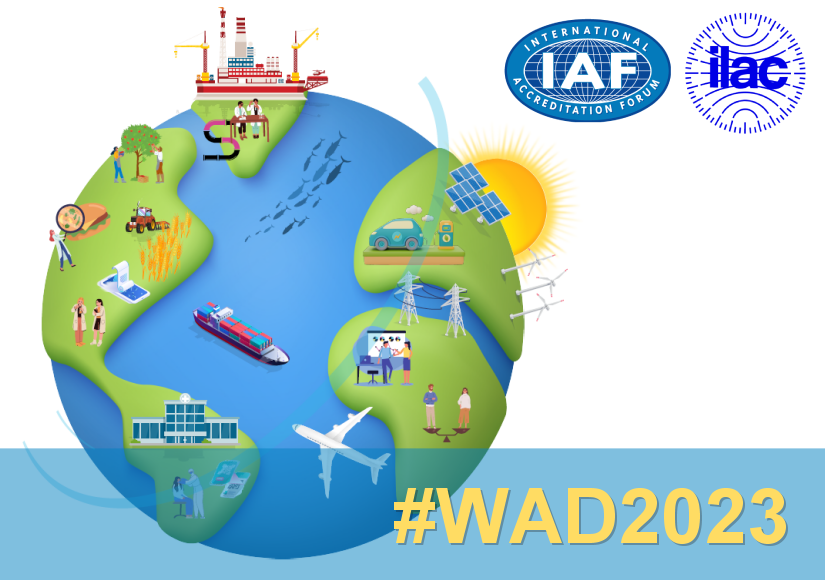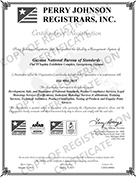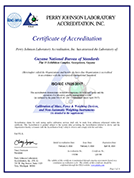Many would agree that it could be challenging when our choices of products and services are primarily limited to those produced only within the country in which we live. This is why international trade exists, as a means of exchanging capital, goods, and services across international borders, which addresses our individual needs and preferences.
Research has concluded that global trade is predicted to grow by 70 percent to almost USD 30 trillion by the end of this decade. International accreditation plays a key role by ensuring that commodities meet specific standard requirements which guarantees acceptance of goods and services once exported from one territory to another. Having one test, which is accepted everywhere through accreditation is the approach many companies are using to address the current and future demands of completing cross-border trade transactions.
On June 09 annually, Standards and Conformity Assessment Institutions like the Guyana National Bureau of Standards (GNBS) join in commemorating World Accreditation Day (WAD). The theme for this year’s observances was “Supporting the Future of Global Trade”. It focused on the recovery of global trade following the COVID-19 pandemic and the expectation that trade merchandise will continue to grow to support the ongoing global supply chain and most of the United Nation’s Sustainable Development Goals (SDGs).
World Accreditation Day, established by the International Laboratory Accreditation Co-operation (ILAC) and the International Accreditation Forum (IAF), gives stakeholders, providers and users the opportunity to demonstrate how accredited services help to build strong and sustainable global supply chains.
In simple terms, accreditation is a formal, independent verification that a programme or institution meets established quality standards and is competent to carry out specific conformity assessment tasks. Conformity assessment tasks may include but are not limited to, testing, inspection, or certification.
To push local institutions providing inspections and testing services towards accreditation for international recognition, the GNBS once spearheaded the National Committee for Conformity Assessment, which comprised several regulators. Meanwhile, to enhance the competitiveness of businesses to support operational improvement and trade efficiency, the Bureau is mandated to verify all measuring instruments used in trade. This contributes to the integrity of measurements our local manufacturers and exporters declare.
Today, with the accreditation of its Industrial Metrology and Testing laboratory to the ISO/IEC 17025 Standard, the Bureau proudly offers accredited calibration services. These calibration results are internationally accepted. Meanwhile, in the foreseeable future, the GNBS is looking to have its Inspection Services ISO 17020 Accredited as well.
Further, as the National Accreditation Focal Point, the Bureau continues to offer support in the form of technical assistance and training to both public and private companies and laboratories that are interested in vying for accreditation. With this support, some were successfully accredited to the ISO/IEC 17025:2017 and the ISO 15189:2012 standards, giving their services international recognition.
Finally, to commemorate WAD 2023, the GNBS conducted a webinar and a radio programme to discuss Accreditation and its effect on Global Trade. The Bureau will continue to work with businesses toward achieving accreditation for global competitiveness.
For further information, reach out to the GNBS today on Telephone numbers: 219-0064 or 219-0065, or visit the GNBS website: www.gnbsgyorg. You can also WhatsApp us on +592 692 4627.






